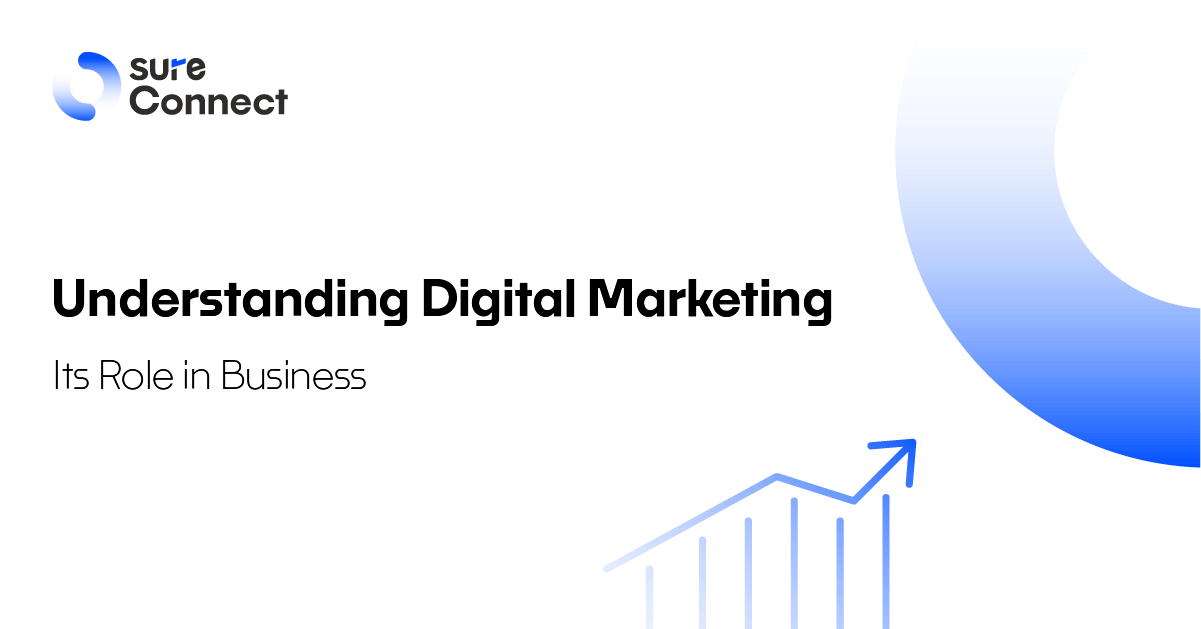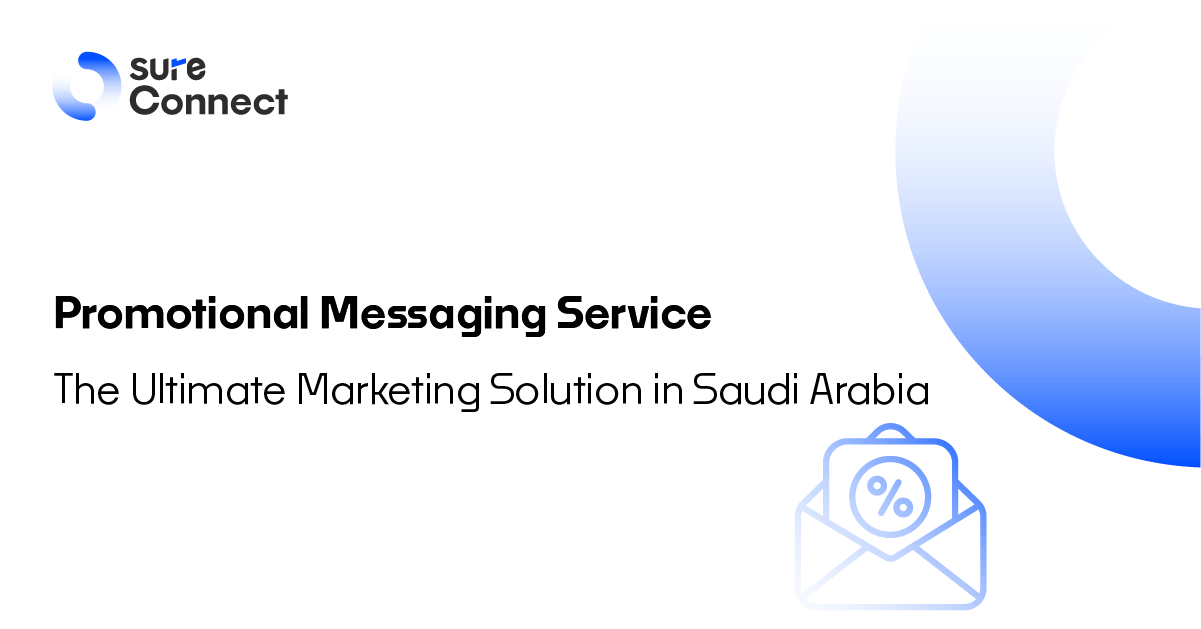Understanding Digital Marketing and Its Role in Business

Digital Marketing and Business
Digital marketing has transformed the landscape of business promotion and customer engagement. By leveraging various digital channels, businesses can effectively reach their target audiences, enhance brand visibility, and drive sales. This article explores the fundamental aspects of digital marketing, its types, challenges, and its significance in modern business strategies.
What is Digital Marketing?
Digital marketing encompasses the use of digital platforms such as websites, social media, email, and search engines to promote products and services. Unlike traditional marketing methods, which rely on print or broadcast media, digital marketing allows for more interactive and measurable campaigns. The rise of the internet in the 1990s marked the beginning of this evolution, enabling businesses to engage with consumers in real-time and gather valuable data about their preferences and behaviors.
Key Components of Digital Marketing
Digital marketing integrates several strategies and channels to create a comprehensive approach. Some of the most common components include:
- Website Marketing: A business's website serves as a central hub for its digital marketing efforts. It should be user-friendly, fast-loading, and optimized for mobile devices.
- Content Marketing: This strategy focuses on creating valuable content that informs or entertains potential customers. High-quality content can improve brand awareness and establish authority in a particular niche.
- Email Marketing: Despite being one of the oldest forms of digital marketing, email remains highly effective. It allows businesses to communicate directly with customers and nurture leads through targeted campaigns.
- Social Media Marketing: Platforms like Facebook, Instagram, and Twitter enable businesses to build relationships with their audience, promote products, and drive traffic to their websites.
- Search Engine Optimization (SEO): SEO involves optimizing a website to rank higher in search engine results pages (SERPs), increasing visibility and attracting organic traffic.
- Affiliate Marketing: This performance-based strategy involves partnering with influencers or other businesses to promote products in exchange for a commission on sales generated through their referrals.
Challenges in Digital Marketing
While digital marketing offers numerous advantages, it also presents unique challenges:
- Oversaturation: The digital space is crowded with advertisements, making it difficult for brands to stand out. Marketers must find innovative ways to capture consumer attention amidst the noise.
- Rapidly Evolving Technology: The digital landscape is constantly changing, requiring marketers to stay updated on new tools, platforms, and trends.
- Data Management: With the ability to collect vast amounts of data comes the challenge of analyzing it effectively to inform marketing strategies.
The Importance of Content Writing in Digital Marketing
Content writing plays a pivotal role in digital marketing by helping businesses connect with their audience. Here are several key functions:
- Building Brand Awareness: Well-crafted content can educate potential customers about a brand's offerings while establishing a memorable presence in their minds.
- Establishing Authority: High-quality content positions a brand as an expert in its field, fostering trust among consumers.
- Enhancing SEO: Content that includes relevant keywords can improve search engine rankings, driving more traffic to a website.
- Increasing Conversion Rates: Engaging content with clear calls-to-action (CTAs) encourages users to take desired actions, such as signing up for newsletters or making purchases.
Digital marketing is an essential component of modern business strategy. By utilizing various digital channels effectively—especially through high-quality content—businesses can enhance their reach, engage consumers meaningfully, and ultimately drive growth. As technology continues to evolve, staying informed about best practices and emerging trends will be crucial for success in this dynamic field.
Latest Trends in Digital Marketing for 2024
The digital marketing landscape is continuously evolving, and 2024 is set to witness several key trends that will shape how businesses engage with consumers. Here are the most significant trends identified from recent analyses:
- Privacy-Centric Marketing: With increasing concerns over data privacy, brands are adopting privacy-centric approaches. This involves transparent data collection practices and prioritizing consumer consent, which not only complies with regulations but also builds trust with users.
- Short-Form Video Content: Platforms like TikTok and Instagram Reels have popularized short-form videos, making them a primary medium for storytelling and product promotion. In 2024, brands will focus on mastering this format to enhance engagement and connect with audiences more effectively.
- Artificial Intelligence (AI): AI continues to revolutionize digital marketing by enhancing productivity through tools for content creation, customer data analysis, and personalized marketing strategies. The integration of AI is expected to increase in areas such as chatbots for customer service and automated marketing campaigns.
- User-Generated Content (UGC): UGC is becoming a vital component of brand strategies, as it helps build authenticity and trust. Brands will increasingly leverage content created by their customers to enhance engagement and brand loyalty.
- Social Commerce: The rise of social commerce allows consumers to purchase products directly through social media platforms. This trend will continue to grow as brands integrate shopping features into their social media strategies, making the buying process more seamless.
- Augmented Reality (AR): AR technology is set to transform online shopping experiences by allowing consumers to visualize products in real-world settings before purchasing. This interactive approach enhances consumer decision-making and engagement.
- Full-Funnel Marketing Strategies: As consumer journeys become more complex, marketers are adopting full-funnel strategies that address all stages of the buying process. This includes multi-channel approaches that ensure consistent messaging across various platforms.
- Conversational Marketing: The use of chatbots and AI assistants for real-time customer interaction is gaining traction. These tools improve customer service and lead generation by providing instant responses to inquiries.
- Enhanced SEO Strategies: With the evolution of search engines, SEO strategies are expanding beyond traditional text-based searches to include video, image, and voice search optimization. This shift requires marketers to adapt their content strategies accordingly.
- Ethics in Digital Marketing: As consumers become more aware of ethical considerations, brands are focusing on inclusive marketing practices that resonate with diverse audiences while promoting transparency in their operations.
The digital marketing trends for 2024 emphasize the importance of privacy, personalization, and interactivity in engaging consumers effectively. By adapting to these trends, businesses can enhance their marketing strategies, foster deeper connections with their audiences, and ultimately drive growth in an increasingly competitive digital environment.
Other Categories
Recent Blogs :






